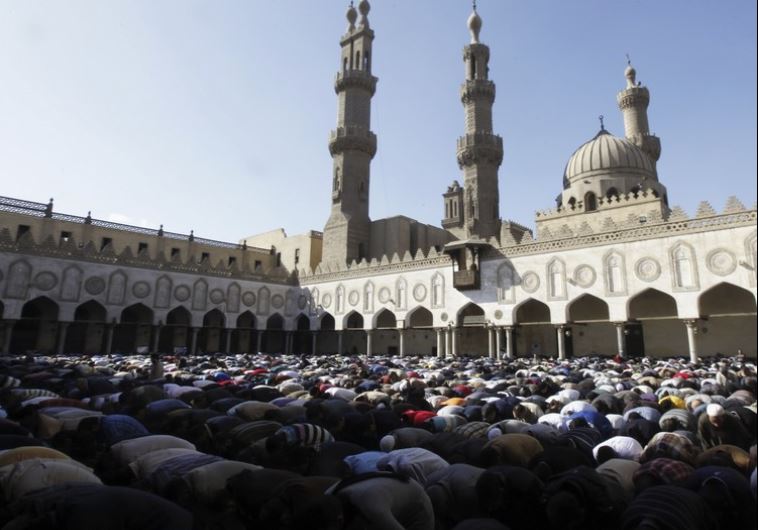Comment: Anti-Semitism today is primarily a Muslim problem
Muslims are a minority in the West, and no one likes to point out that a minority can be as hateful and racist as a majority.
 Egyptians attend Friday prayers at Al Azhar mosque in CairoUpdated:
Egyptians attend Friday prayers at Al Azhar mosque in CairoUpdated: